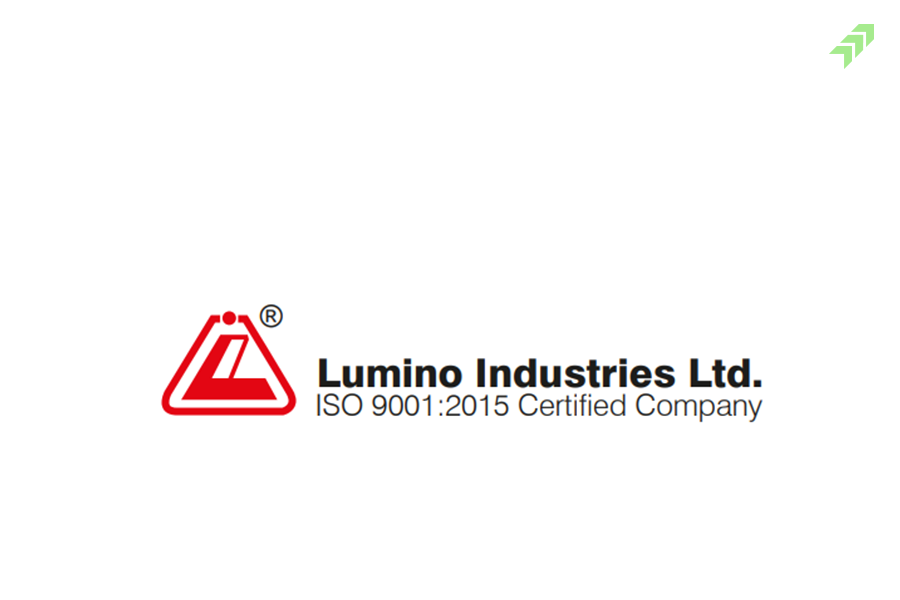A REIT, or real estate investment trust, is a corporation, trust, or association that owns, operates, or finances real estate and is traded on an exchange, allowing an investor to invest directly in income-generating real estate assets. A significant portion of the fund's assets, at least 75 percent, are invested in office buildings, apartment buildings, warehouses, retail centers, medical facilities, data centers, cell towers, infrastructure, and hotels. Those investors who are unable to invest in real estate directly can gain exposure to the sector through REITs with a small investment be rewarded with high returns because these funds are managed by professionals and experts. Interest rates, supply and demand for residential and commercial spaces, and other factors all have an impact on real estate market conditions. Typically, a REIT is required to distribute at least 90% of its Net Taxable Income to unit holders in the form of dividends and interest.
Real estate investment trusts, or REITs, are funds that own, operate, or finance real estate and are publicly traded on an exchange, allowing investors to invest directly in income-generating real estate assets. Office buildings, apartment buildings, warehouses, retail centres, medical facilities, data centres, cell towers, infrastructure, and hotels account for at least 75 percent of the fund's assets. Investors who are unable to invest directly in real estate can gain exposure to the sector through REITs for a small investment that will yield high returns because these funds are managed by professionals and experts. Interest rates, residential and commercial space supply and demand, and other factors all have an impact on real estate market conditions. A REIT must typically distribute at least 90% of its Net Taxable Income to unit holders in the form of dividends and interest.
Benefits of REITS
Investing flexibility
REITs offer you the opportunity to invest anytime even with small amount without having tension of blocking big amount of money initially
Alternative to Purchasing Property
Property that investors buy to earn periodic rental income can be solved through REITs. Investors can benefit from REITs without investing in real estate directly
High Liquidity
Units of mutual funds can be bought and sold in the market, so they are liquid and have price discovery
Protection against Inflation
When an economy goes through a boom period or inflationary cycle, prices of property generally goes up and so does the rental income. Which in turn increase the prices of funds assets and hence REITs maintain the purchasing power.
Three main types of REITs are
Equity REITs
Equity real estate investment trusts (REITs) are companies that own or manage income-producing properties such as office buildings, shopping complexes, and apartment buildings and lease the space to tenants. After deducting operating expenses, equity REITs distribute the majority of their income to shareholders as dividends each year. Equity REITs generate income from property sales as well. Equity REIT shares prices, like other stocks, are influenced by market conditions and may rise or fall. Furthermore, while the real estate market cycle differs from that of other stocks, commercial real estate remains a cyclical business. Changes in the values of equity REITs' property portfolios have an impact on the valuations of their shares.
Mortgage REITs
Mortgage REITs (mREITs) play an important role in providing liquidity to the real estate market. MREITs invest in both residential and commercial mortgages, as well as residential and commercial mortgage-backed securities (RMBS) and commercial mortgage-backed securities (CMBS) (CMBS). MREITs typically invest in either residential or commercial mortgage markets, though some do both. MREITs keep mortgages and MBS on their balance sheets and fund them with both equity and debt. Their overarching goal is to benefit from their net interest margin, which is the gap between interest income on mortgage assets and funding costs. MREITs get their money from a variety of sources, including common and preferred stock, convertible and long-term debt, and other credit facilities. MREITs use the public capital markets to raise both debt and equity. MREITs typically use less debt and more equity capital to finance mortgage and MBS acquisitions than other large mortgage investors.
Hybrid REITs
A hybrid REIT is a type of real estate investment trust that combines equity REITs, which own properties, and mortgage REITs, which invest in mortgage-backed securities. Hybrid REITs hope to reap the benefits of both types of investments while assuming less uncertainty than if they only invested in one.
Equity REITs are generally the safer of the two options. Although the level of safety and predictability varies greatly, these businesses generally invest in properties and lease them to high-quality tenants in order to generate a steady and growing income stream. Furthermore, because real estate values tend to rise over time, the intrinsic value of these companies may rise as well. Property appreciation and dividends can produce impressive total returns with relatively low risk.
Mortgage REITs, on the other hand, rely heavily on leverage to pay out large dividends to shareholders. Mortgage REITs generate income primarily by borrowing money at low short-term interest rates and investing in longer-term mortgages with higher interest rates. These firms use leverage to generate double-digit yields. Interest rate fluctuations are the most significant risk to mortgage REITs. Because these REITs borrow at short-term rates, an increase in interest rates can quickly erode profits. If short-term interest rates rise, the company's profit margin is reduced accordingly.


















No comment yet, add your voice below!